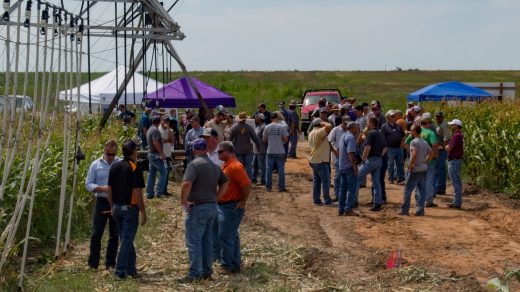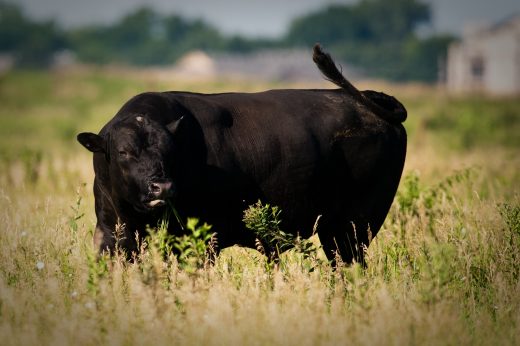Friends, it’s time to welcome fall. What a great time of the year for us … students have returned to campus, classes are back in full-swing, and K-State football is finally here again! We at KCARE are very excited to note some successes of the season: the Experiment Station and Water Technology Farms’ field days were well-attended, and there appears to be lots of interest in implementing new water management technologies across the state. Please read more about the Water Technology Farms in this edition of our newsletter. I also appreciate all the efforts by irrigators and others to explore the development of new LEMAs, etc.
I look forward to getting updated on research results and other water issues at the 2017 Governor’s Water Conference in Manhattan on November 8-9. Registration for the event will be available in September, but a call for abstracts on water research is ongoing. Please check the KCARE website for more information.



